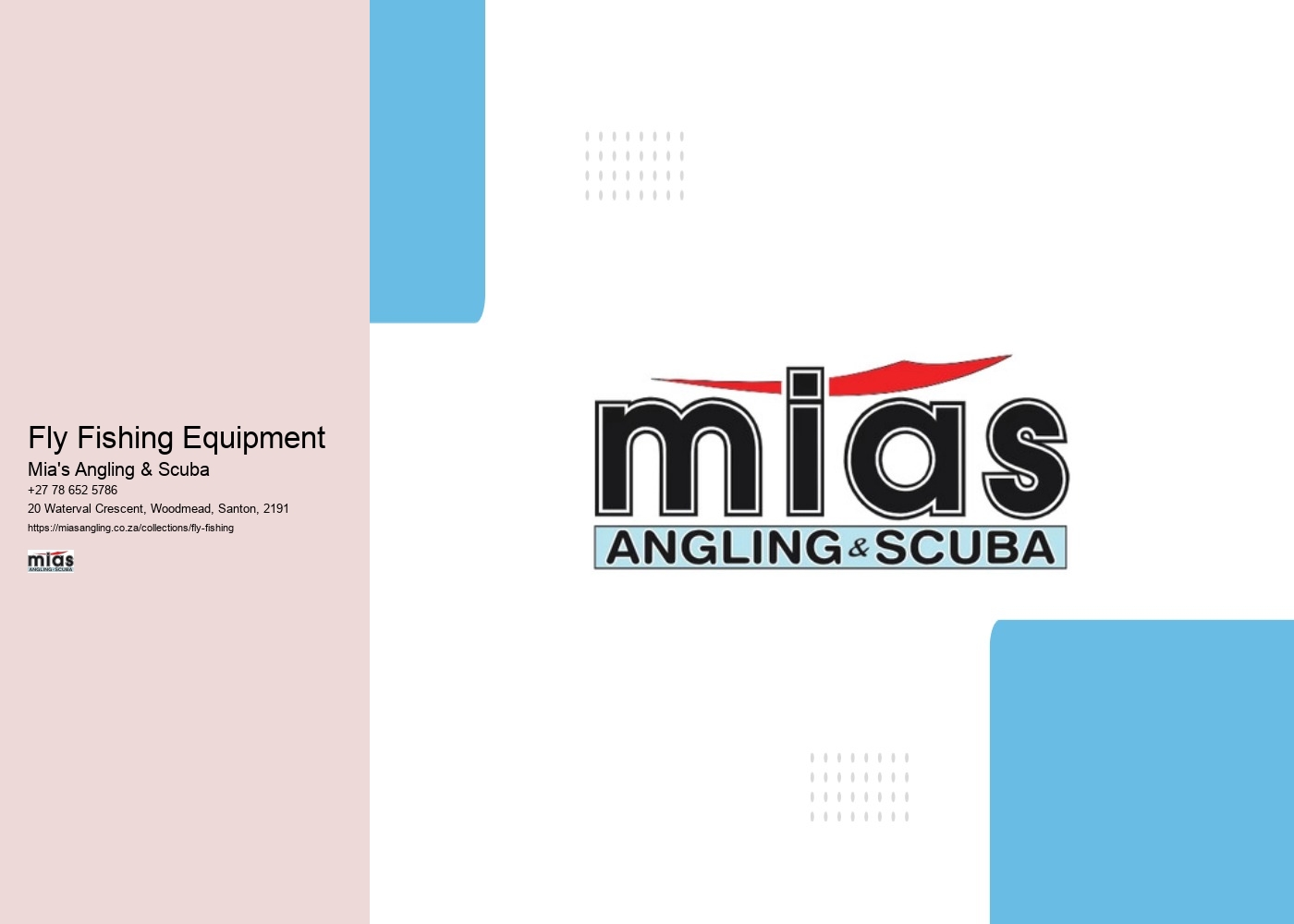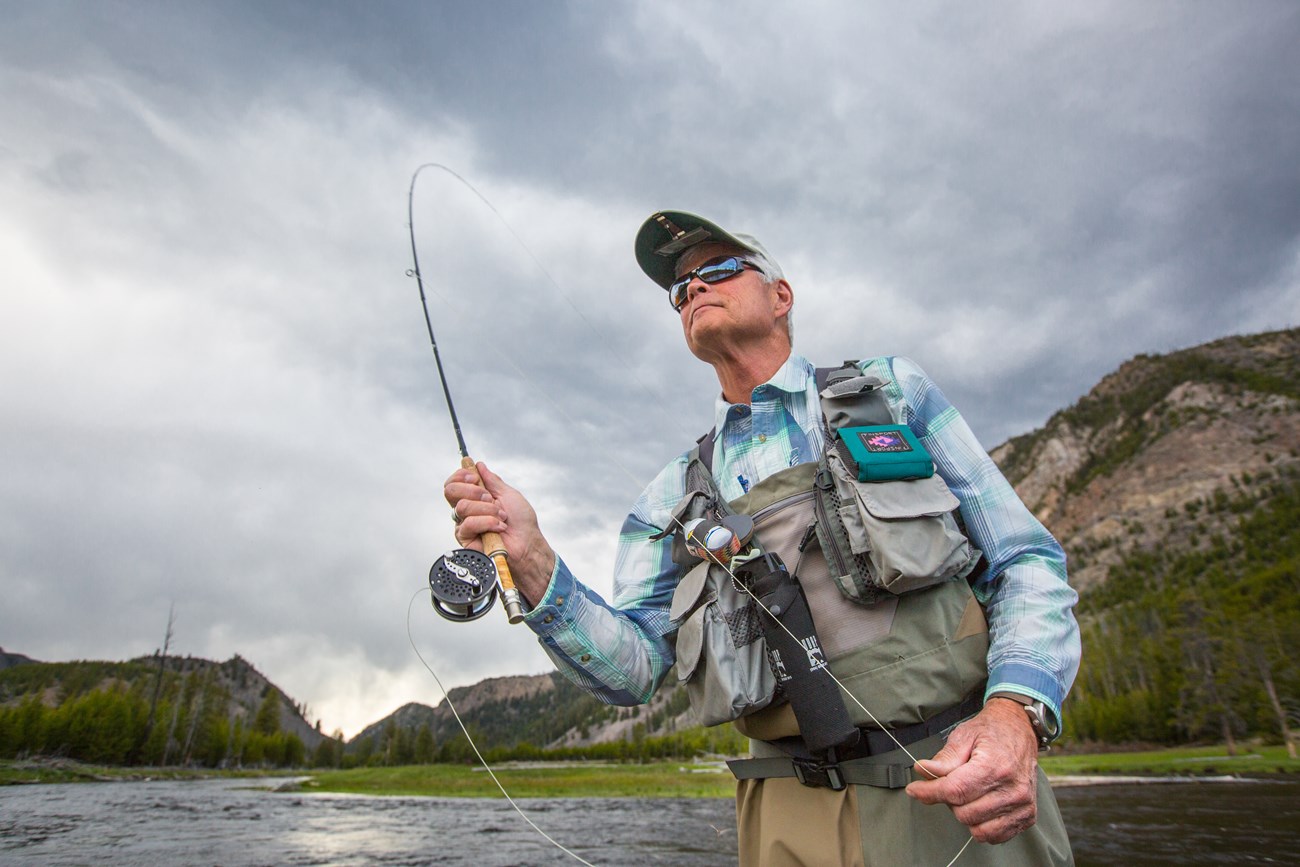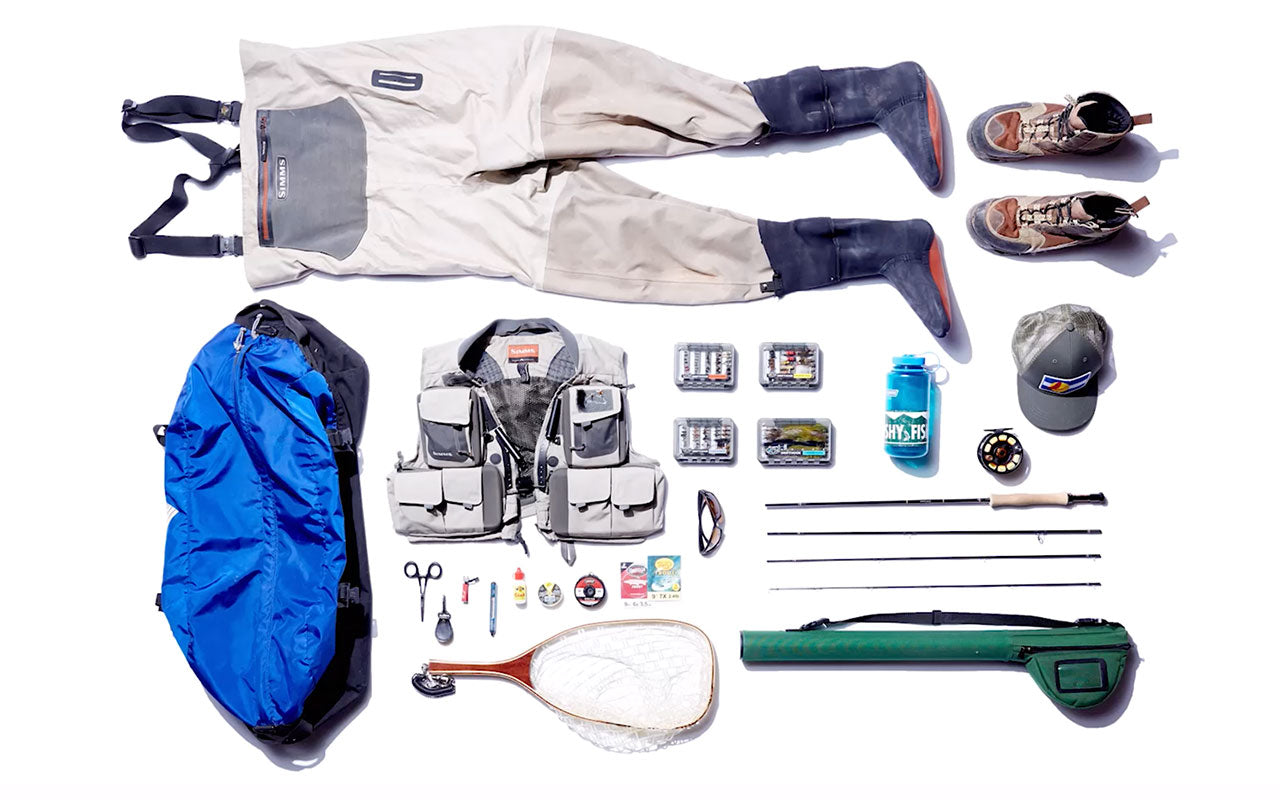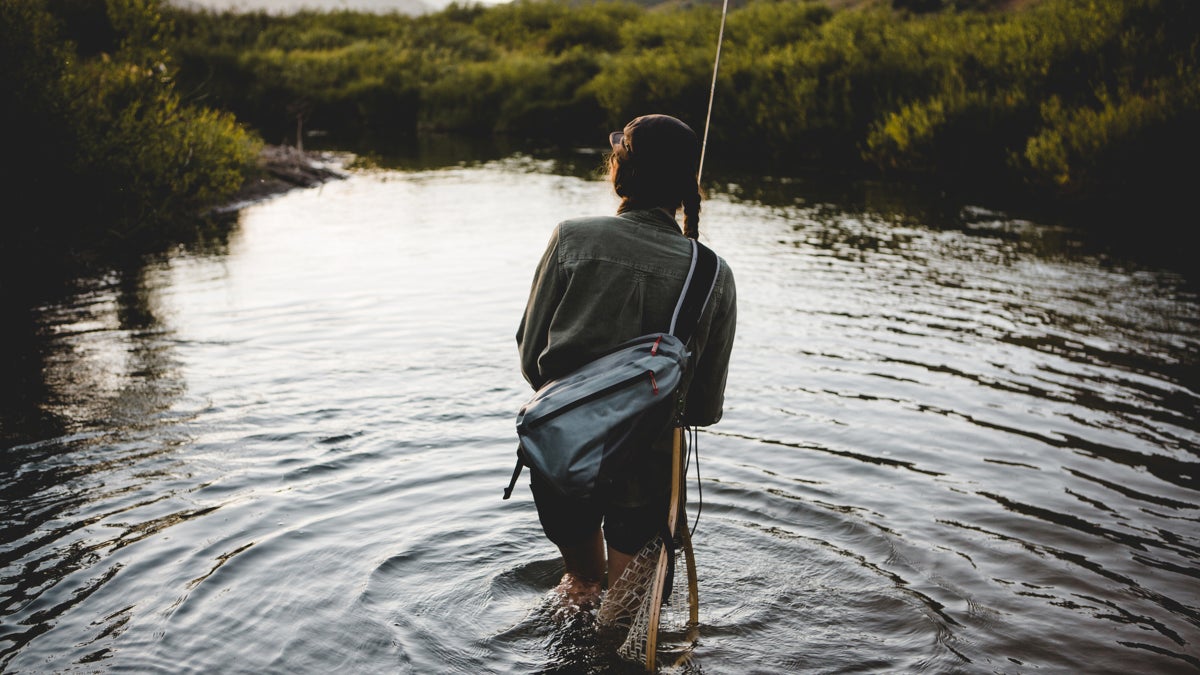

In the world of fly fishing, selecting the right gear and accessories can greatly impact your success on the water. From well-established online retailers like Orvis and Cabela's to the charm and expertise of local fly shops, the options are vast and varied.
Understanding what equipment is essential for beginners, alongside the nuanced tips offered by experienced staff, can transform an average outing into a remarkable experience.
As we explore the best resources available, you'll discover what makes each shop unique and how to choose the right gear for your next adventure.
Exploring the best online fly fishing retailers can greatly enhance your fishing experience by providing access to a wide range of high-quality gear and expert advice. These retailers offer convenience, allowing you to browse extensive selections of rods, reels, lines, and accessories from the comfort of your home.
Notable online retailers include Orvis, known for its premium quality products and customer service, and Cabela's, which provides a thorough range of fly fishing gear and equipment. Another excellent option is Backcountry, which specializes in outdoor gear and offers competitive pricing.
In addition to product variety, many online retailers also feature helpful resources such as instructional videos, articles, and user reviews. These resources can be invaluable for both novice and experienced anglers looking to refine their skills or select the right gear.
Local fly shops serve as invaluable resources for anglers seeking personalized service and expert guidance. These establishments often provide a unique atmosphere, where seasoned enthusiasts and beginners alike can share their passion for the sport.
In addition to product offerings, local fly shops frequently host workshops, classes, and community events. These activities foster a sense of camaraderie among anglers, encouraging the sharing of techniques and experiences. Knowledgeable staff members are usually on hand to offer recommendations for local fishing spots.
Moreover, supporting local fly shops contributes to the sustainability of the sport. By choosing to shop locally, anglers not only gain access to quality gear and expert advice but also contribute to the preservation of the fishing environment they cherish. Exploring your local fly shop can be a rewarding experience that enriches your journey.

Starting out in fly fishing can be an exciting yet overwhelming experience, particularly when it comes to selecting the right gear. For beginners, investing in essential equipment is vital for a successful and enjoyable experience on the water. The most fundamental piece of gear is the fly rod. A 5-weight, 9-foot fly rod is a versatile choice, suitable for a variety of freshwater species. Pair this with a matching fly reel that offers a smooth drag system.
Another key item is a good pair of waders. These will keep you dry and comfortable while traversing waterways. Consider breathable waders for warmer days or neoprene ones for colder conditions.
Lastly, don't overlook the importance of proper footwear, such as wading boots, which provide stability and traction in slippery environments. By starting with these key pieces of gear, beginners can build a solid foundation for their fly fishing journey.
When beginning a fly fishing adventure, having the right accessories can greatly enhance the overall experience. Essential accessories not only improve your comfort but also increase your chances of a successful outing.
One of the most critical accessories is a good fishing net. Opt for a net with a rubberized or mesh bag, as this is gentler on fish and helps reduce slime loss. Additionally, a reliable fly box is crucial for organizing your flies, making it easy to choose the right one for varying conditions.
Furthermore, a sturdy fishing vest or pack will keep your tools and essentials easily accessible. Don't forget waders and boots to keep you dry and comfortable while traversing different terrains. Finally, a multi-tool or nipper is invaluable for cutting line, changing flies, and making on-the-spot adjustments. Investing in these essential accessories is a step toward a more enjoyable and productive fly fishing experience.

Five expert tips from seasoned professionals at local fly fishing shops can greatly elevate your fishing skills and overall experience. First, always match your fly selection to the local hatch. Understanding which insects are prevalent will considerably increase your chances of success. Second, practice your casting technique regularly.
Third, pay attention to water temperature and conditions. Fish are more active at certain temperatures, so knowing when to fish can make a substantial difference. Fourth, invest in quality gear, specifically a well-balanced rod and reel. Proper equipment not only enhances your performance but also increases comfort during long fishing sessions.
Lastly, engage with the local fishing community. Many shops offer classes or guided trips that provide invaluable insights and firsthand experience. Building relationships with fellow anglers and shop staff can lead to tips about the best fishing spots and techniques suited for your area.
Understanding the local fishing conditions and techniques can greatly improve your fly fishing experience, but having the right gear for each season is equally important. As seasons change, so do the requirements for successful fly fishing. In spring, focus on lighter rods and reels, as fish become more active with warming waters.
Summer requires gear that can withstand higher temperatures. Opt for breathable waders, lightweight clothing, and UV protection. Dry flies and poppers work well, as fish tend to hunt at the surface during warmer days. As autumn approaches, consider heavier tippets and larger flies to mimic the baitfish preparing for winter.
This time calls for increased focus on streamers and fall-specific patterns. Winter fishing demands specialized gear such as insulated waders and gloves. Use heavier, slower-sinking flies, as fish are less active during colder months. Shorter rods can provide better control in tight spots.

Yes, a fishing license is typically required for fly fishing, as it is for other forms of fishing. Regulations vary by location, so it is essential to check with your local fish and wildlife agency for specific licensing requirements. Additionally, some areas may have special permits or restrictions pertaining to fly fishing. Ensuring compliance with these regulations not only fosters sustainable fishing practices but also enhances the overall fishing experience.
Common fly fishing knots are essential for ensuring a secure connection between your line, leader, and flies. Key knots include the Improved Clinch Knot for attaching flies, the loop-to-loop knot for connecting lines, and the Palomar Knot for securing lures. Additionally, the Surgeon's Knot is useful for tying two lines together. Mastering these knots enhances your fishing experience by increasing reliability and reducing the risk of losing valuable catches during your outings.
Return policies can vary considerably between fly fishing shops. It is advisable to inquire about the specific return policy at the time of purchase. Many shops allow returns within a designated timeframe, provided the items are unused and in original packaging. Keep the receipt as proof of purchase, as it may be required. Always review the shop's policy on returns for clearance items or special orders, as these may have different conditions.